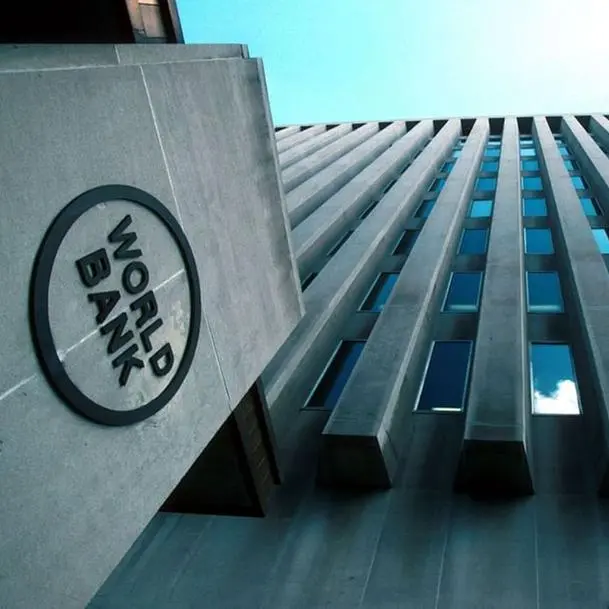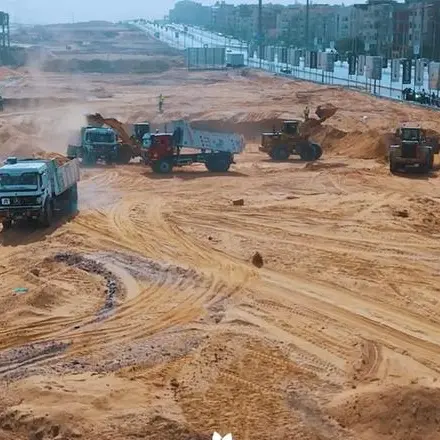PHOTO
Lebanon needs nearly $7 billion to rebuild facilities damaged during the war in late 2024 between Israel and Hezbollah, the Finance Minister said.
Yassine Jaber said the country has secured $1 billion in reconstruction aid from the World Bank, which has been involved along with the International Monetary Fund (IMF) in talks for tackling Lebanon’s unprecedented financial crisis.
Jaber told Lebanon’s Al-Jadeed TV on Sunday that a rescue package agreement could be signed with the Washington-based IMF in September following several rounds of negotiations between the two sides in Beirut and the US.
“The Lebanese government is exerting great efforts in the issue of reconstruction, which is expected to cost nearly $7 billion,” Jaber said.
“We have formed a committee to following up this issue, which is not linked to the issue of disarmament in Lebanon...we expect to get $1 billion for reconstruction,” he added.
Officials said in late 2024 they have managed to obtain agreement by the World Bank to provide $250 million for reconstruction before the sum was raised to $400 million, with the total value potentially reaching $1 billion.
Jaber led a government delegation in talks with the IMF in the Lebanese capital Beirut last week following a round in Washington last month.
He said there has been progress in the talks with the IMF concerning the requested reforms, including restructuring of the banking sector and reimbursing depositors.
“Resolving the banking problem and paying back depositors their fund are on top of the IMF priorities...our talks with the IMF also cover other reforms and the tax system,” he said, adding that there are no plans to impose new taxes in the near future.
Lebanon, with a population of six million, is suffering from the worst financial and economic crisis in its modern history as a result of massive foreign debt and other issues. In 2024, the debt was reported by the Central Bank to have exceeded 150 percent of GDP.
(Writing by Nadim Kawach; Editing by Anoop Menon)
(anoop.menon@lseg.com)
Subscribe to our Projects' PULSE newsletter that brings you trustworthy news, updates and insights on project activities, developments, and partnerships across sectors in the Middle East and Africa





















